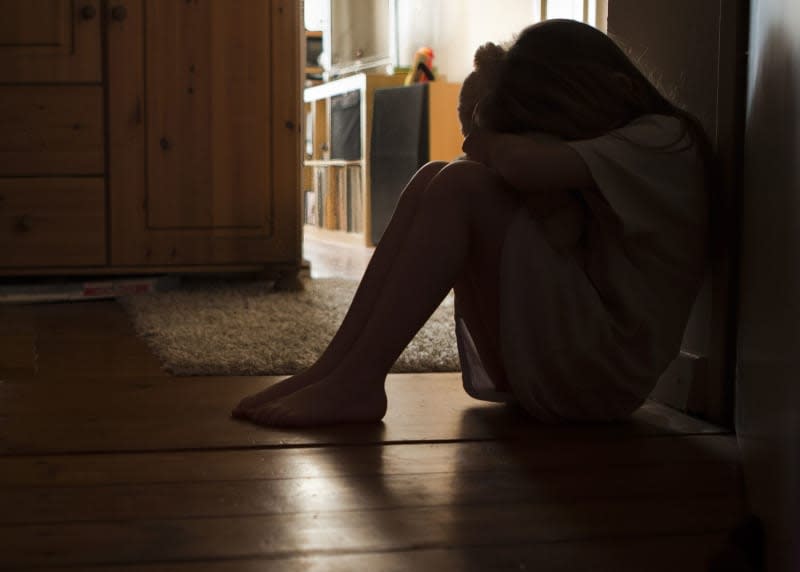Over 10% of youth affected by mental health troubles, study shows

Children, teenagers and young adults are increasingly likely to have mental health problems, according to a new analysis published by the American Medical Association (AMA).
Citing data from the 2019 Global Burden of Disease study, a team of Brazil and Canada-based university researchers warned of a period from childhood to early adulthood in which there is "increased susceptibility to the onset of mental disorders."
"There was a high prevalence of mental disorders affecting children and youths, indicating that more than 1 of 10 (or 293 million) individuals ages 5 to 24 globally live with a diagnosable mental disorder," the AMA announced, ahead of publishing the assessment in its JAMA Psychiatry journal at the end of January.
They further found that "around one-fifth of all disease-related disability" could be put down to "mental disorders" among the 5-24 age group, which they said "encompasses about one-fourth of the mental disorder burden across the entire life course."
The team said more research focused on narrower age-bands should be carried out.
"Mental disorders have been linked to high rates of school dropout, low economic productivity, incarceration, suicide, and homelessness, among other unfavourable outcomes impacting individuals, families, and society at large," they said.
Other recent research has fingered the spread of social media as a driver of worsening mental health among young people, with Meta founder Mark Zuckerberg in January apologizing to parents whose childrens' health was harmed through using his company's apps, which include Facebook and Instagram.
A survey published by Gallup last year suggested strong parent-child bonds can help counter the negative effects of social media.

